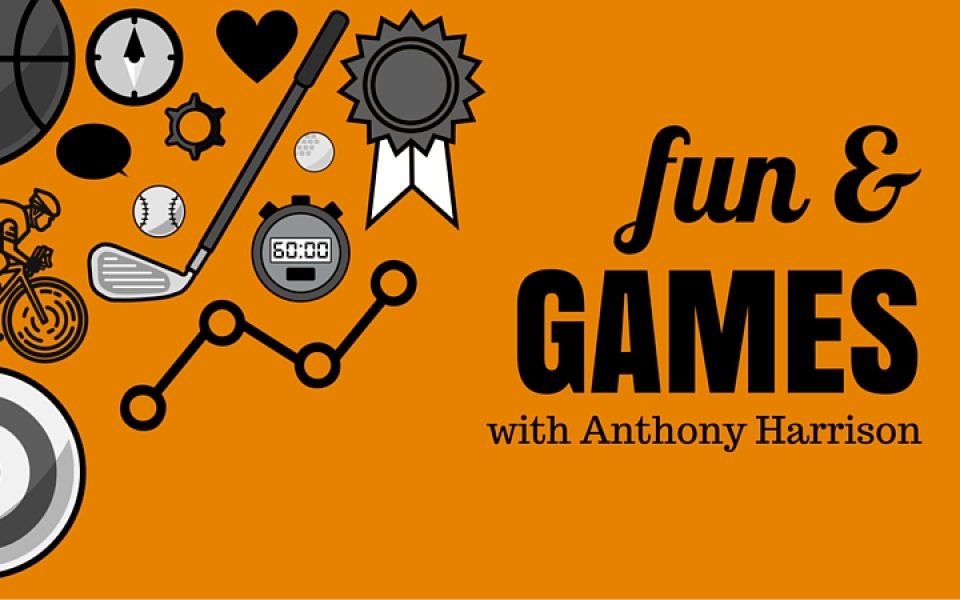Though fun and games often lack the importance to impact everyday life, sports can influence and drive social change.
When the Brooklyn Dodgers drafted Jackie Robinson at second base, finally including an African American in the sacred national pastime, it was considered a landmark moment in the Civil Rights Movement. After Los Angeles Lakers legend Magic Johnson contracted HIV, his inspired performances in the twilight of his illustrious career dismissed awful stereotypes and fears of the disease. More recently, several high-profile professional athletes have come out as LGBT either during or following their careers, prompting others to play openly.
Now should be another time for athletic organizations to fight for what’s right.
The NCAA board of governors approved an amendment to their bidding process on April 27 requiring cities vying for major association events to provide non-discriminatory facilities and atmospheres, “safeguard[ing] the dignity of everyone involved in the event,” as outlined in its official release.
This process implicitly responds to legislatures passing discriminatory laws, such as the General Assembly’s infamous HB2.
However, the NCAA’s mandate doesn’t extend universally.
While the NCAA regulates nearly all facets of almost every intercollegiate athletic program, individual athletic conferences under the NCAA’s auspices may determine particular bylaws, including their processes for setting tournament venues. Thus, the NCAA cannot demand conferences to follow its lead regarding the anti-discriminatory bidding process.
To stand firm against the statewide wave of oppression, conferences represented within the Triad should join the NCAA and take this hardline stance against HB2 as policy.
Eight of the nine Triad schools — Bennett College being the exception — compete in as many conferences governed by the NCAA. While public universities must follow state law regardless of institutional disagreement with HB2, three private schools — Guilford College of the Old Dominion Athletic Conference, the Atlantic Coast Conference’s Wake Forest University and Great South Athletic Conference member Salem College — have publicly rejected the bill’s stipulations.
Of course, this announcement from the NCAA came but a week ago; most conferences haven’t had the chance to formulate an opinion on how to react to their parent association’s policy change.
For example, the Big South Conference, represented by High Point University, has no current opinion.
“I’m sure, internally, we do have some thoughts on [HB2],” Big South Assistant Commissioner of Public Relations Mark Simpson said in an interview, “but the commissioner would be the better person to speak to that than I would.”
Commissioner Kyle Kallander could not be reached for comment.
The Central Intercollegiate Athletic Association, based in Charlotte only since 2015 and represented by Winston-Salem State University, stated it would relocate neither its headquarters nor any tournaments from North Carolina. However, the conference promised to educate both its members and athletes on LGBT rights and issues.
The ACC released a stronger statement reiterating its devotion to diversity. Yet when asked if the conference, long based in Greensboro and harboring four North Carolina universities, condemns HB2 specifically or would alter its bid system, ACC Senior Associate Commissioner Amy Yakola replied, “The statement stands for itself.”
At least one conference has already established firm plans to address HB2 and the NCAA’s new process.
“I can assure that, in the bid process, state philosophy and how they view discrimination is gonna be part of bidding,” Mid-Eastern Athletic Conference Commissioner Dr. Dennis E. Thomas said in an interview; Greensboro’s NC A&T University is a member. “Most fair-minded, objective people who do not want to see discrimination rear its ugly head will say that [HB2] is not a good thing for the state. I’ll leave it at that.”
Indeed, the time for ambiguity has expired.
All Triad conferences should join MEAC to bridge the gap between their members and the NCAA by expressly condemning HB2. While they’re at it, if they employ a bidding system for major events, they should adopt the stance espoused by the NCAA and vow not to hold tournaments in North Carolina while HB2 is in effect. If tournament locales are determined by rotation, exclude North Carolina venues from the queue. Most extremely, conferences should discharge schools unwilling to officially defy HB2.
These actions could force Triad schools to consider not only HB2 more seriously, but also their own purported values.
Most conferences’ boards convene following the spring semester to establish agendas for the following year. HB2 and strengthening diversity and inclusion in athletics must top the docket.
“This would be uncharted territory for us,” ODAC Commissioner Brad Bankston said in an interview. “Nothing comes to mind — to me — to have been something that we would have taken a stand on in a similar fashion.”
Yet just because conferences haven’t publicly opposed oppression doesn’t mean it shouldn’t happen. After all, just because there’d never been a black baseball player didn’t stop Robinson from signing with the Dodgers.
Considering HB2, the NBA has considered relocating the 2017 All-Star Game from Charlotte. Following the NCAA’s resolution, Greensboro’s bid for hosting the first two rounds of the Division I Men’s Basketball Tournament lays in jeopardy.
But setting aside HB2’s impact on sports-driven economic gain, leaders of the sports community must quit playing politics, set their priorities straight and denounce outright this ghastly bigotry.
These conferences are wide open with a chance to promote justice. They should take the shot.
Join the First Amendment Society, a membership that goes directly to funding TCB‘s newsroom.
We believe that reporting can save the world.
The TCB First Amendment Society recognizes the vital role of a free, unfettered press with a bundling of local experiences designed to build community, and unique engagements with our newsroom that will help you understand, and shape, local journalism’s critical role in uplifting the people in our cities.
All revenue goes directly into the newsroom as reporters’ salaries and freelance commissions.


Leave a Reply